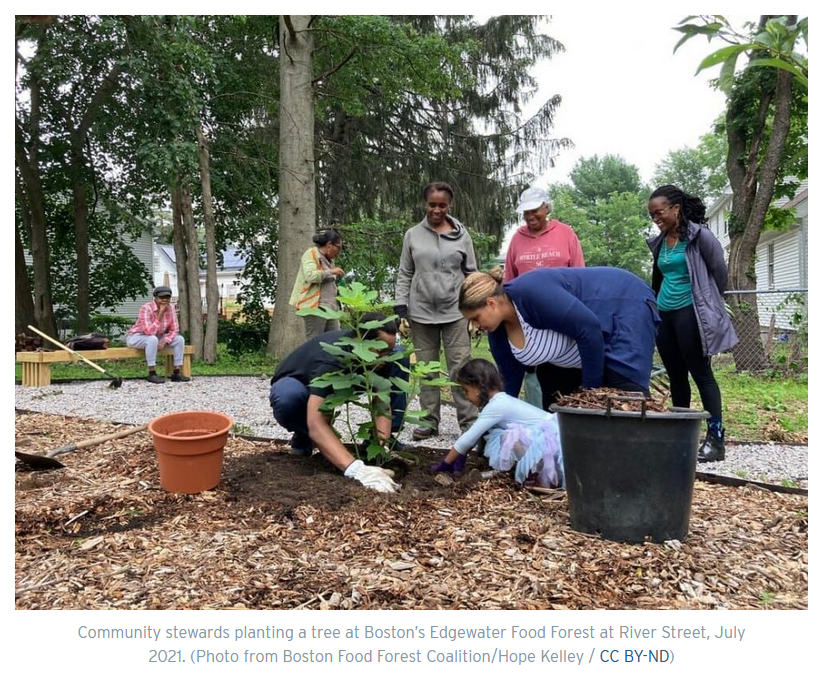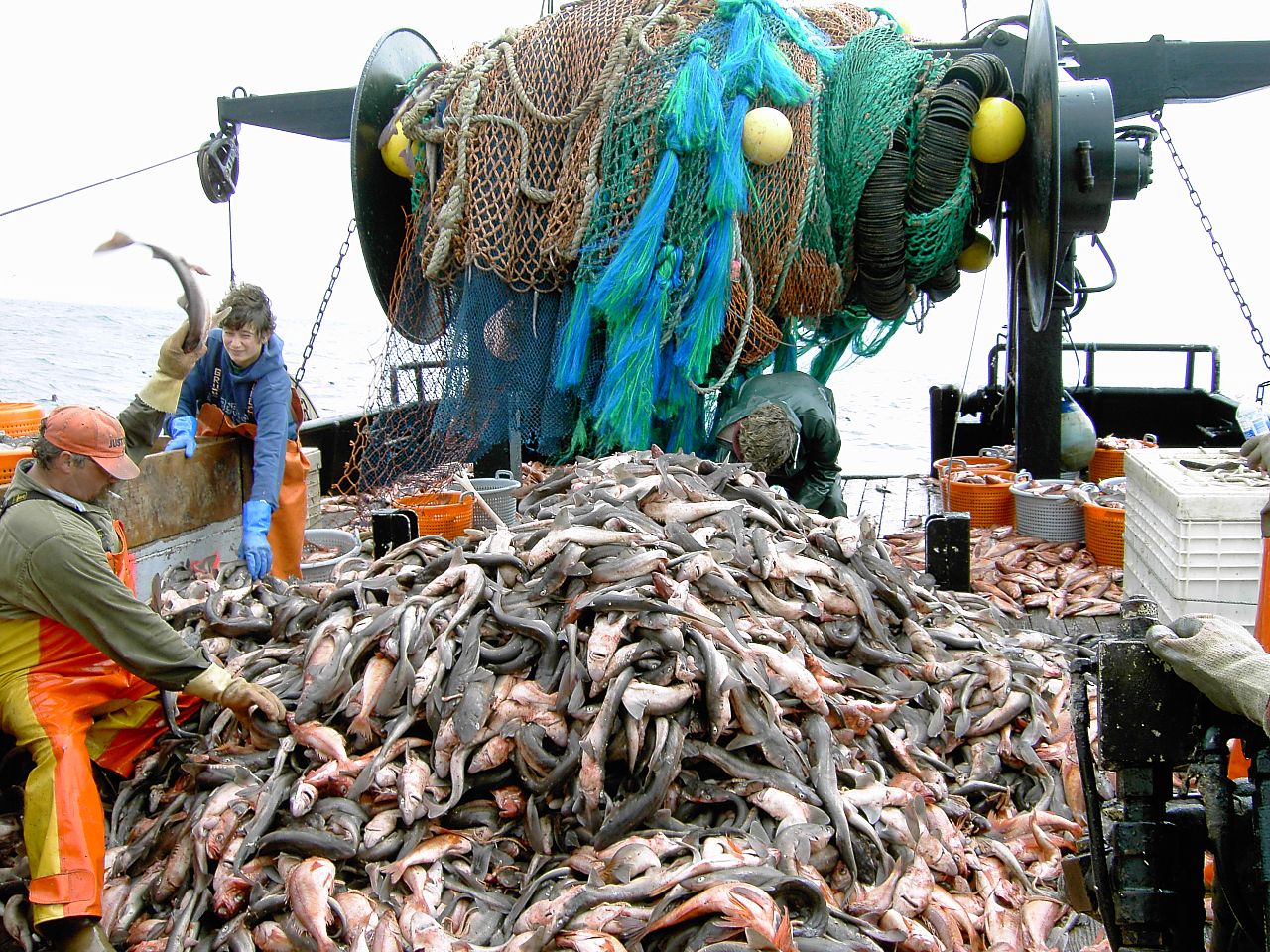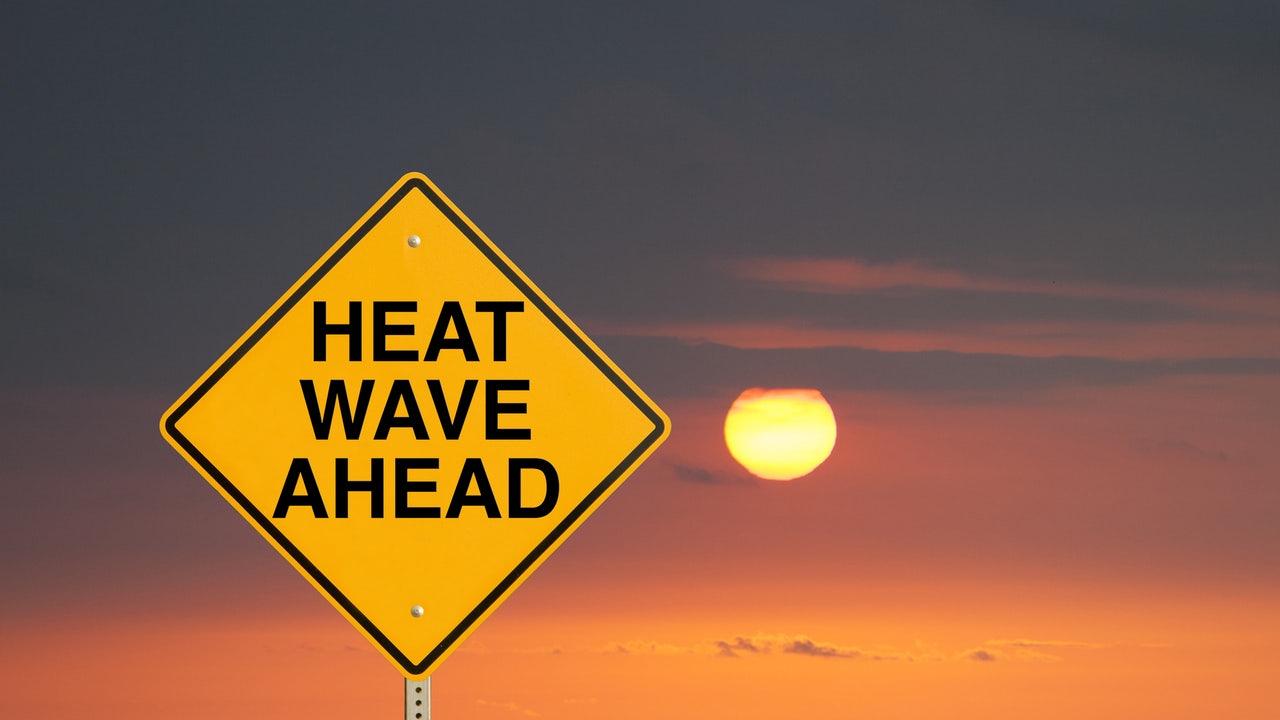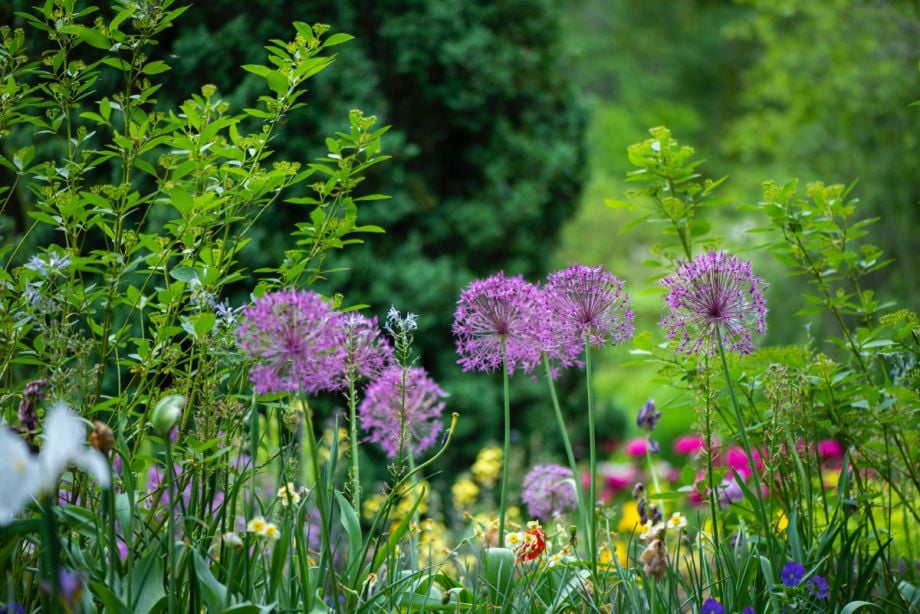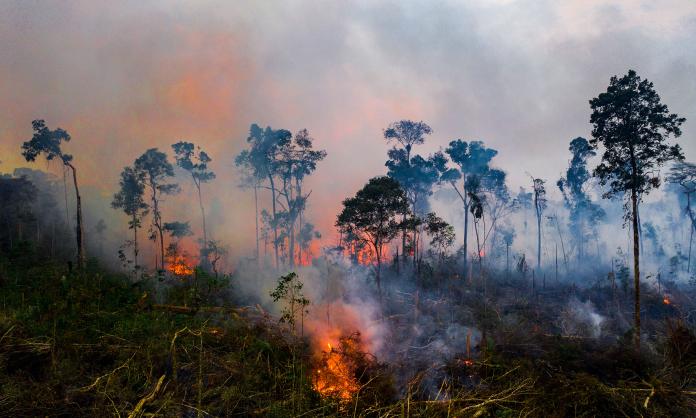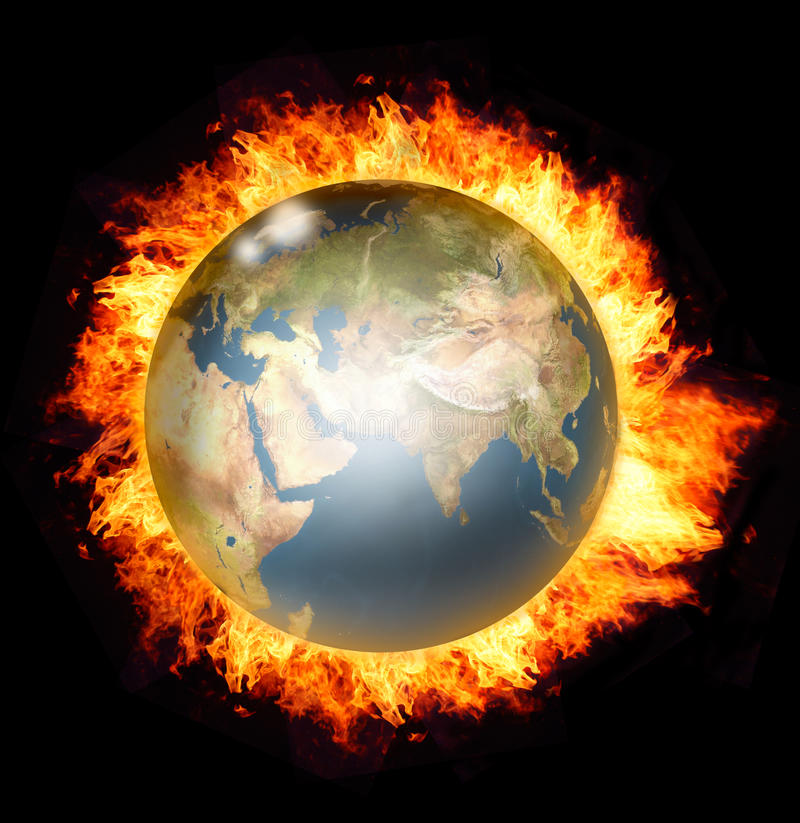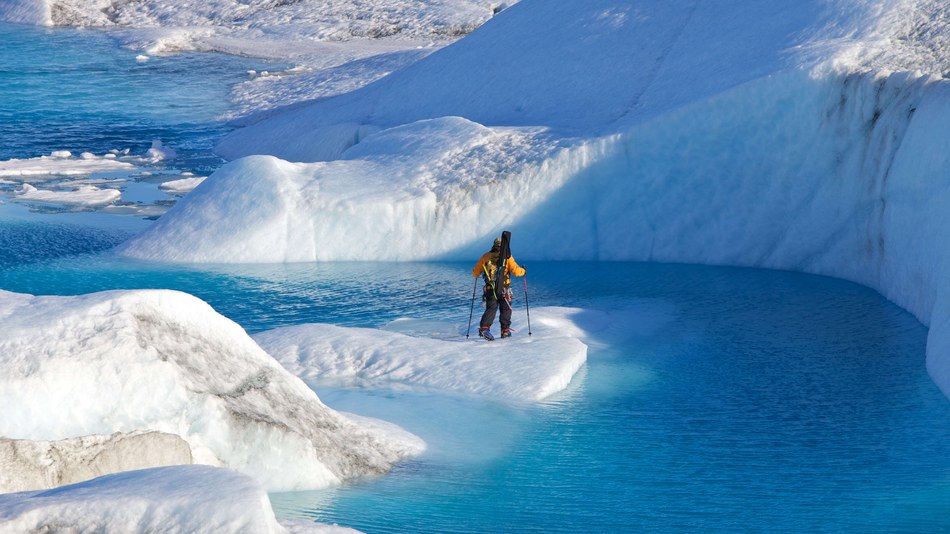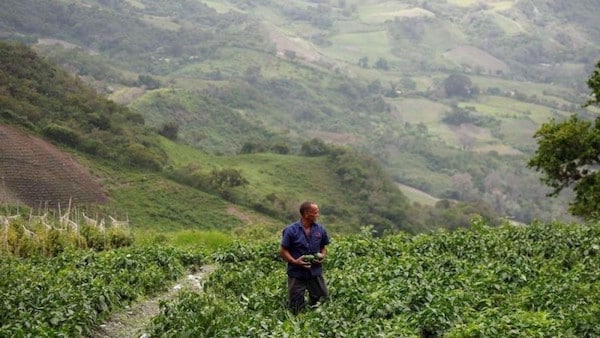Topic: Biodiversity / Biodevastation
-

Food Forests Are Bringing Shade And Sustenance To US Cities
—
by
One new idea that’s gaining attention is the concept of food forests – essentially, edible parks. These projects, often sited on vacant lots, grow large and small trees, vines, shrubs and plants that produce fruits, nuts and other edible products. Unlike community gardens or urban farms, food forests are designed to mimic ecosystems found in…
-

The Ocean Heat Bomb Ignites
-For the first time that scientists can recall, sea surface temperatures that always recede from annual peaks are failing to do so, staying high- Global warming and extensive overfishing have damaged ocean ecosystems well beyond recognition from only a few decades ago. Still, on its own accord, the ocean stood tall for over 3 billion…
-

Monster Heat Hits One-Third of World Population
“It’s a ‘monster heat spell like none before,” according to climatologist and weather historian Maximiliano Herrera, describing Asia’s heatwave as the worst in history. (Source: Extreme Heat Scorches Asia, Affecting at Least a Third of the World’s Population, The Verge, April 19, 2023) Global warming is hitting full stride as SE Asia, inclusive of parts…
-

Ozone Troubles, Once Again
NASA: “Without ozone, the Sun’s intense UV radiation would sterilize the Earth’s surface.” It was 36 years ago in panic mode when the world came together like never before unanimously agreeing to ratify The Montreal Protocol, banning CFCs. This was done to protect ozone (O3), which is a widely-dispersed layer of molecules at 10-30 miles…
-

The rich are creating water scarcity
—
by
The American obsession with a close-cut patch of green has its roots in 17th-century Europe. Castles in France and England at the time were guarded by men whose vision couldn’t be obstructed by wild shrubbery in case anybody decided to lay siege, so grazing animals were used to trim unruly vegetation. Since these castles belonged…
-

It’s Time For Cities To Rethink Lawn Policy
—
by
In a climate crisis, city ordinances should encourage us to promote biodiversity in our yards, rather than criminalizing it. Lawns are the largest cultivated crop in America, taking up an estimated 2% of land, over 40 million acres. Mowing and leaf blowing increase greenhouse gas emissions, over 70 million pounds of fertilizers contribute to algal…
-

Amazon Rainforest Destabilizes the World
A new 40-year study discovered the eye-opening fact that what happens in the Amazon Rainforest impacts the entire Earth system. This puts an exclamation point on the fact that the Amazon Rainforest, the planet’s most crucial source of life support, is in deep trouble mainly because of massive deforestation. The Amazon River Basin is the…
-

Solar Mitigation Battleground
A battle over how to protect the planet from overheating is heating up. Academics are coming out of the woodwork, forming coalitions, issuing declarations. A subdued debate over the merits versus demerits of solar geoengineering (SRM) has been ongoing for years. Now battle lines are forming. The SRM controversy is coming to a head, in…
-

Climate Code Red Analysis and Sea Level Warnings
Climate Code Red, a very thorough and well-respected source on climate change/global warming, recently issued a three-part study on where things stand with the climate system via looking through the rearview mirror at 2022 and reflecting that charred image into the future: Faster, Higher, Hotter: What We Learned About the Climate System in 2022 by…
-

Venezuela’s Seed Law Should Be a Global Model
—
by
The Seed Law was the result of years of consultation with social movements and peasant organizations. In addition to prohibiting transgenics and the privatization of seed varieties, the law promises governmental support for the protection and expansion of farmer-run seed systems. The Seed Law created a National Seed Commission, comprised of four governmental representatives and…

